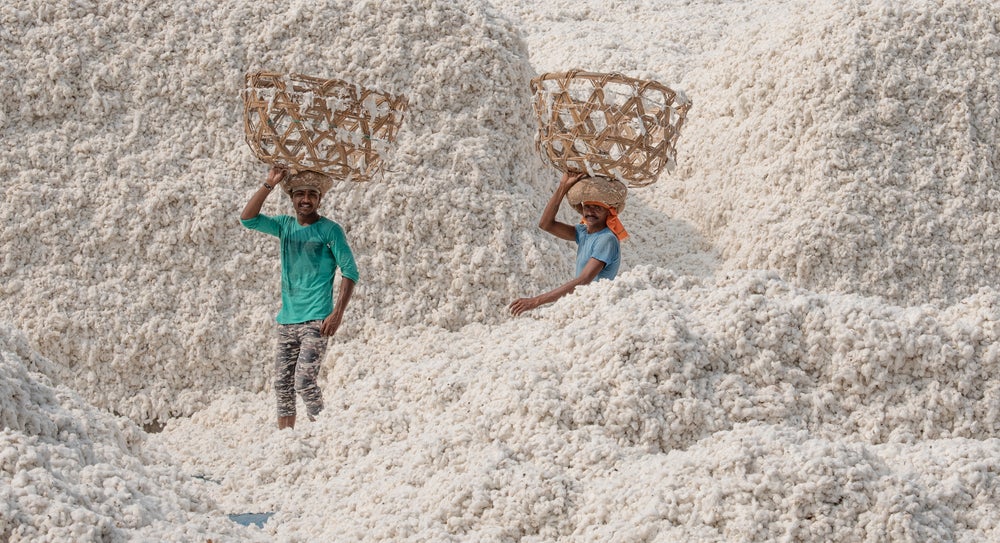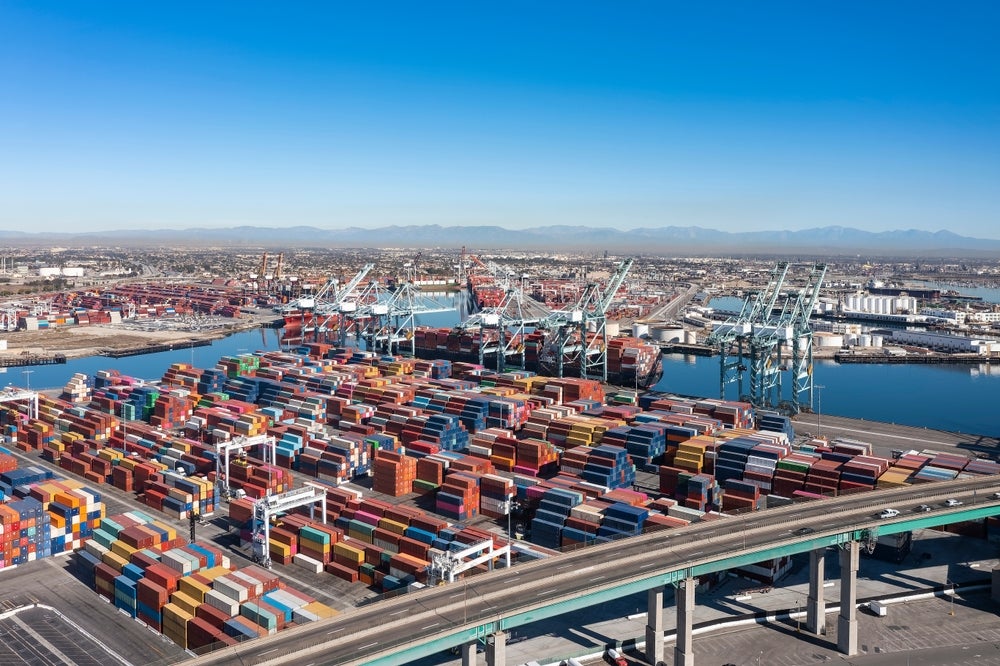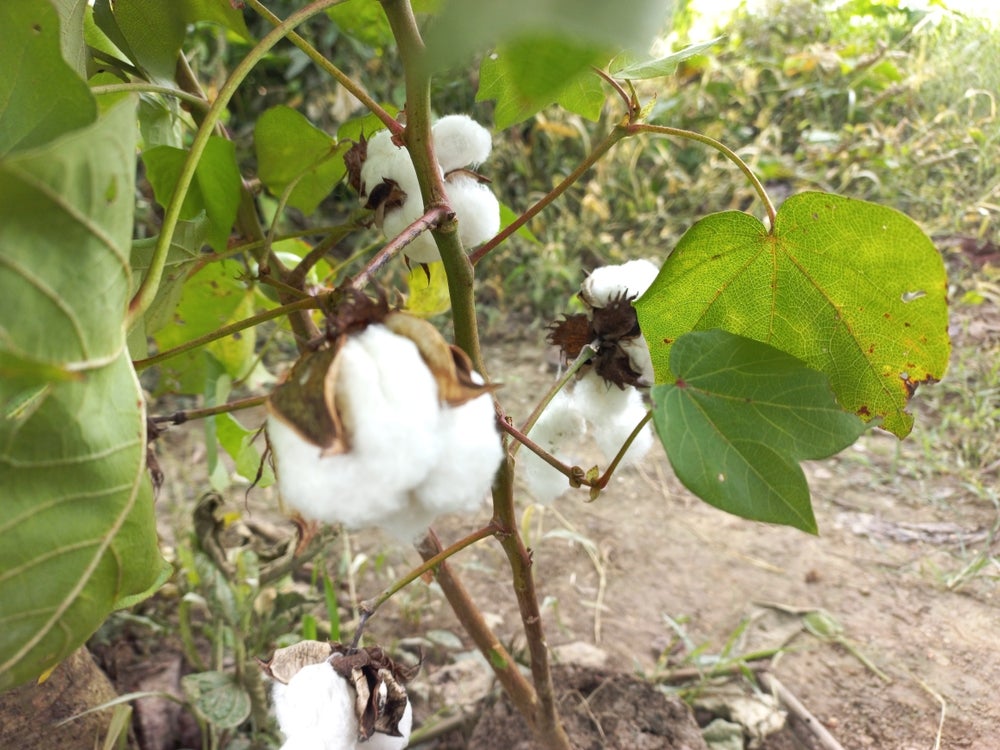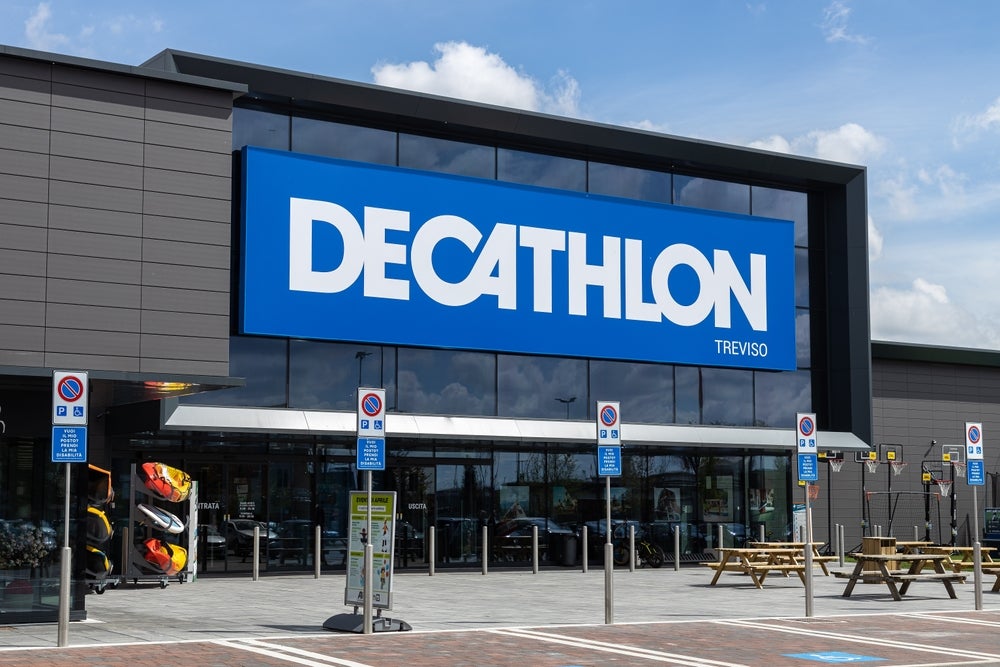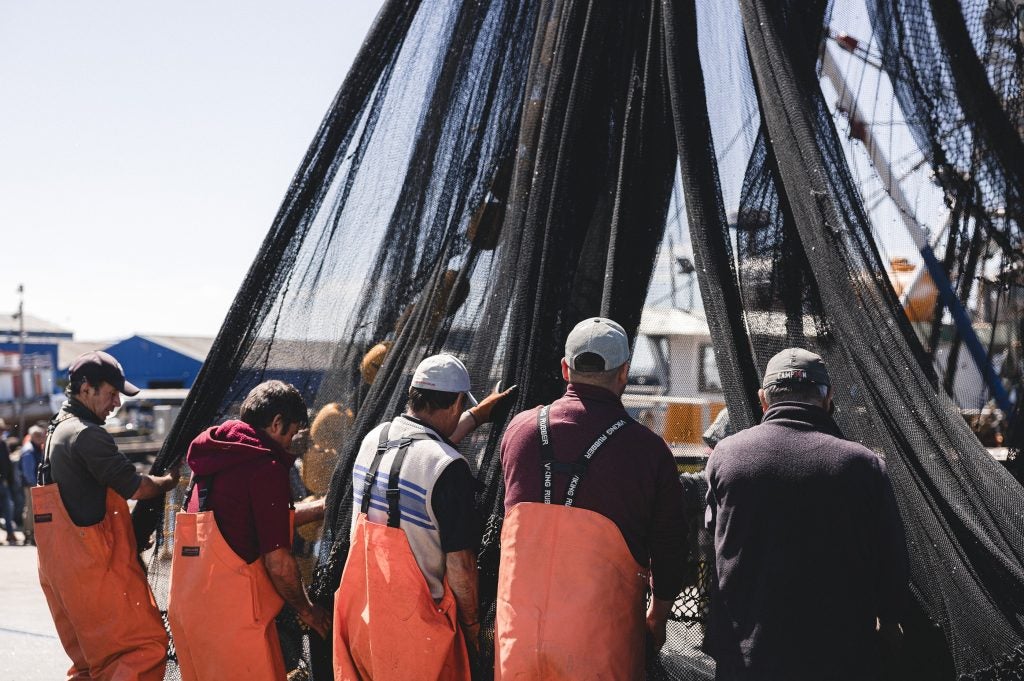Hugo Boss has announced a strategic partnership with the Grameena Vikas Kendram Society for Rural Development (GVK Society), an Indian grassroots non-profit organisation. Together, they aim to create regenerative, circular, and socially inclusive agricultural value chains that maximise value for smallholder and indigenous farming communities.
The goal of the project is to transform 5,250 acres – the equivalent of approximately 3,000 soccer fields – into regenerative food and cotton landscapes through smallholder farmer empowerment, infrastructure development and capacity building.
A key goal is to train 1,500 farmers, 900 of whom are women, in regenerative farming practices. Hugo Boss highlighted that this initiative not only aims to build long-term prosperity and resilience but also targets environmental benefits such as mitigating climate change and increasing biodiversity in the region.
Hugo Boss expects the project to sequester approximately 31,000 tons of CO2 over three years while avoiding the use of 1,000 tons of synthetic fertilisers, genetically modified organisms (GMOs), and 2,000 kg of pesticides and herbicides.
"We are excited to support GVK Society and their holistic approach to regenerative agriculture," said Daniel Grieder, CEO of Hugo Boss and managing director of Hugo Boss Foundation. "By partnering with them, we are supporting one of the most innovative methods of material sourcing, which is key for reducing the fashion industry's environmental footprint and also improving the living standards of local farmers."
Grieder further noted that this initiative aligns with Hugo Boss’s commitment to source 100% of the natural materials in its collections through regenerative farming or closed-loop recycling by 2030.
According to Aneel Kumar Ambavaram, chief functionary at GVK Society, this support adds to an even healthier and balanced soil in the long term and strengthens their ability to deepen impact, reaching more farmers in more villages.
Ambavaram added: "At GVK Society, our goal is to transform agriculture into a powerful nature-based solution, nurturing self-reliant communities that live in harmony with each other and the environment. Thanks to funding from the Hugo Boss Foundation, we will be able to advance our regenerative food and fibre landscape model, and diversify beyond cotton to include crops like coffee, pepper, millets, turmeric, and ginger, with international market connections."
Launched in 2023, the Hugo Boss Foundation aims to drive climate and environmental protection initiatives globally, guided by the principle of being "Bold for the Planet."
In August, Hugo Boss assured shareholders that its plans to tighten up costs will help drive profits in the second half after second-quarter (Q2) sales failed to meet expectations.


